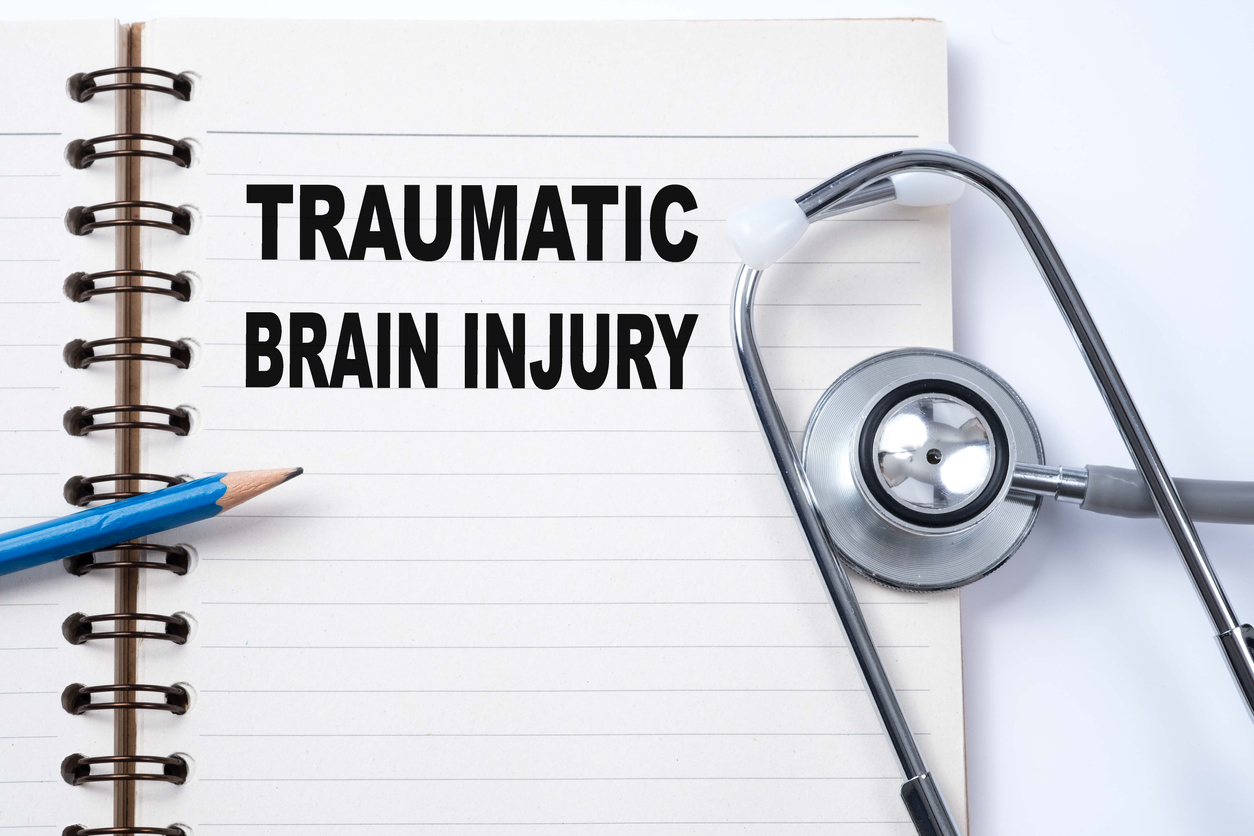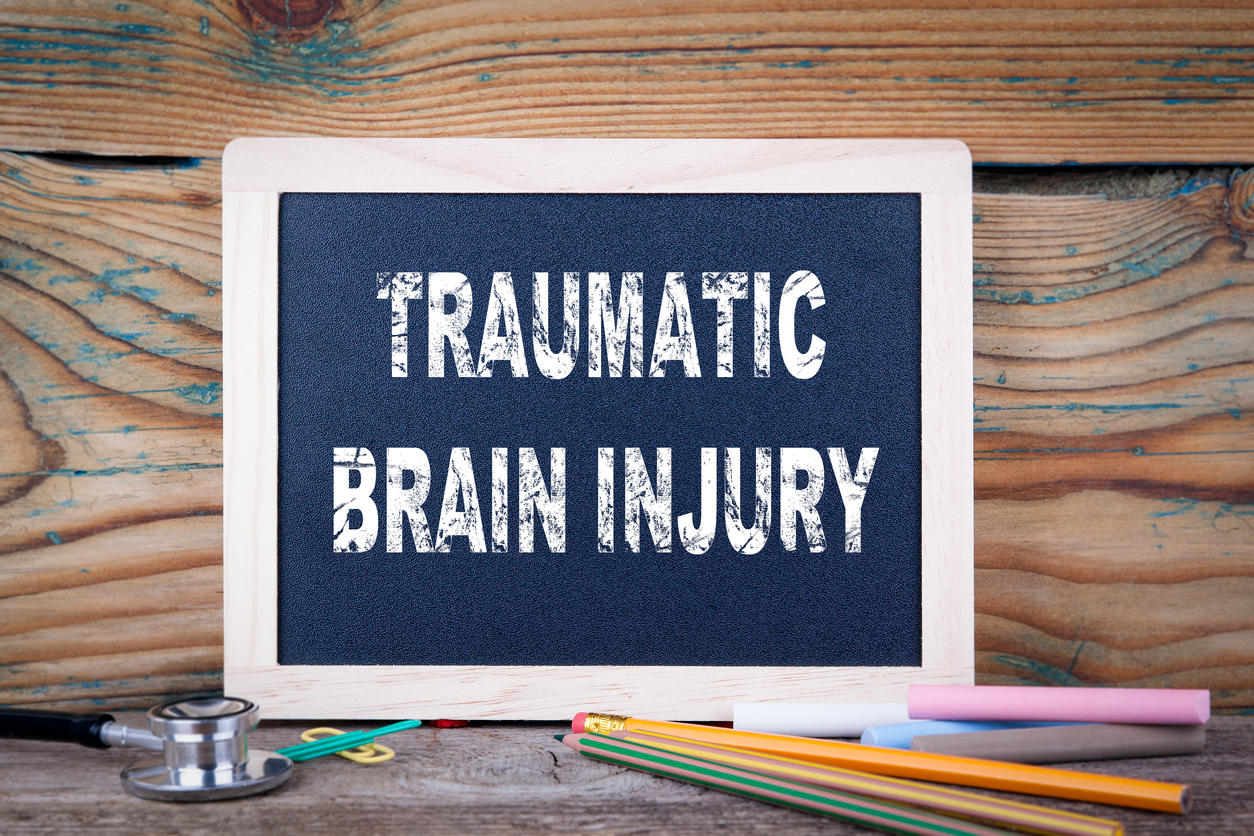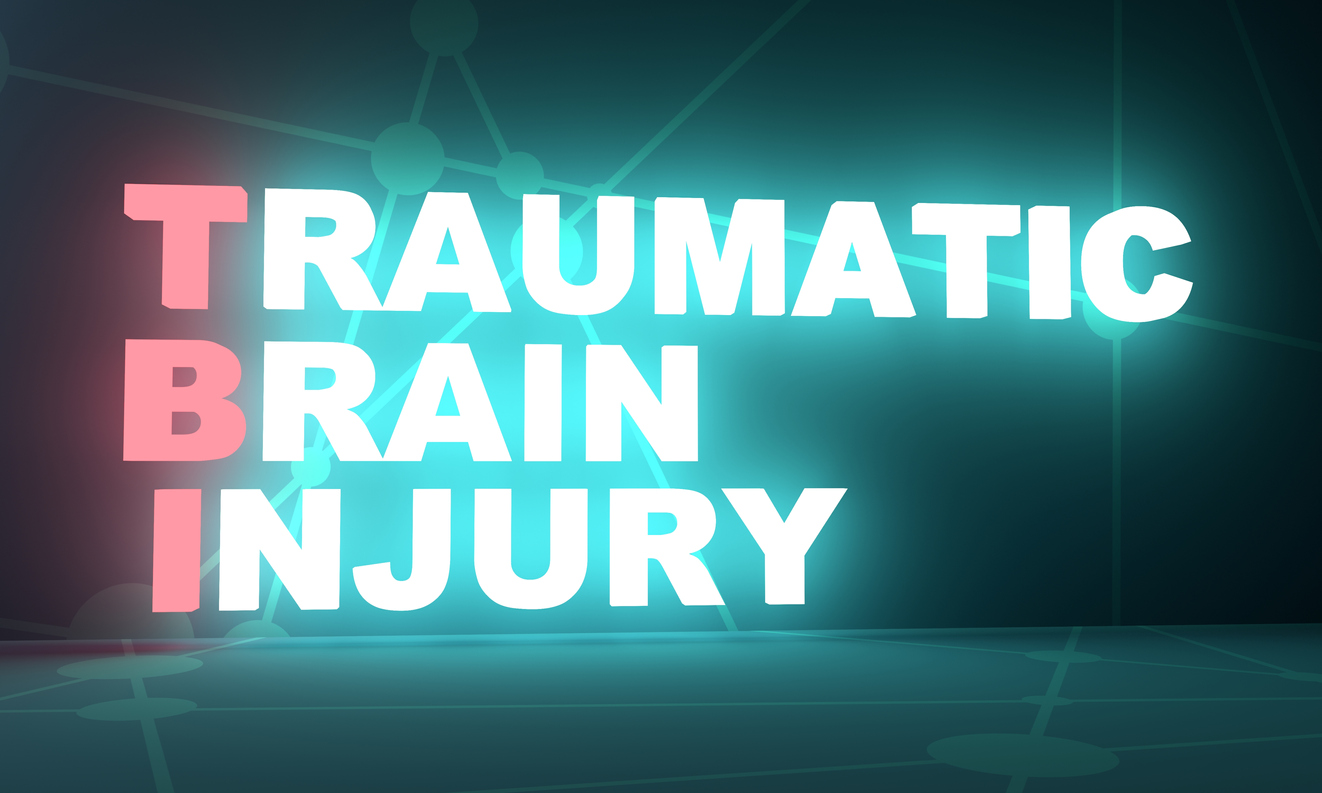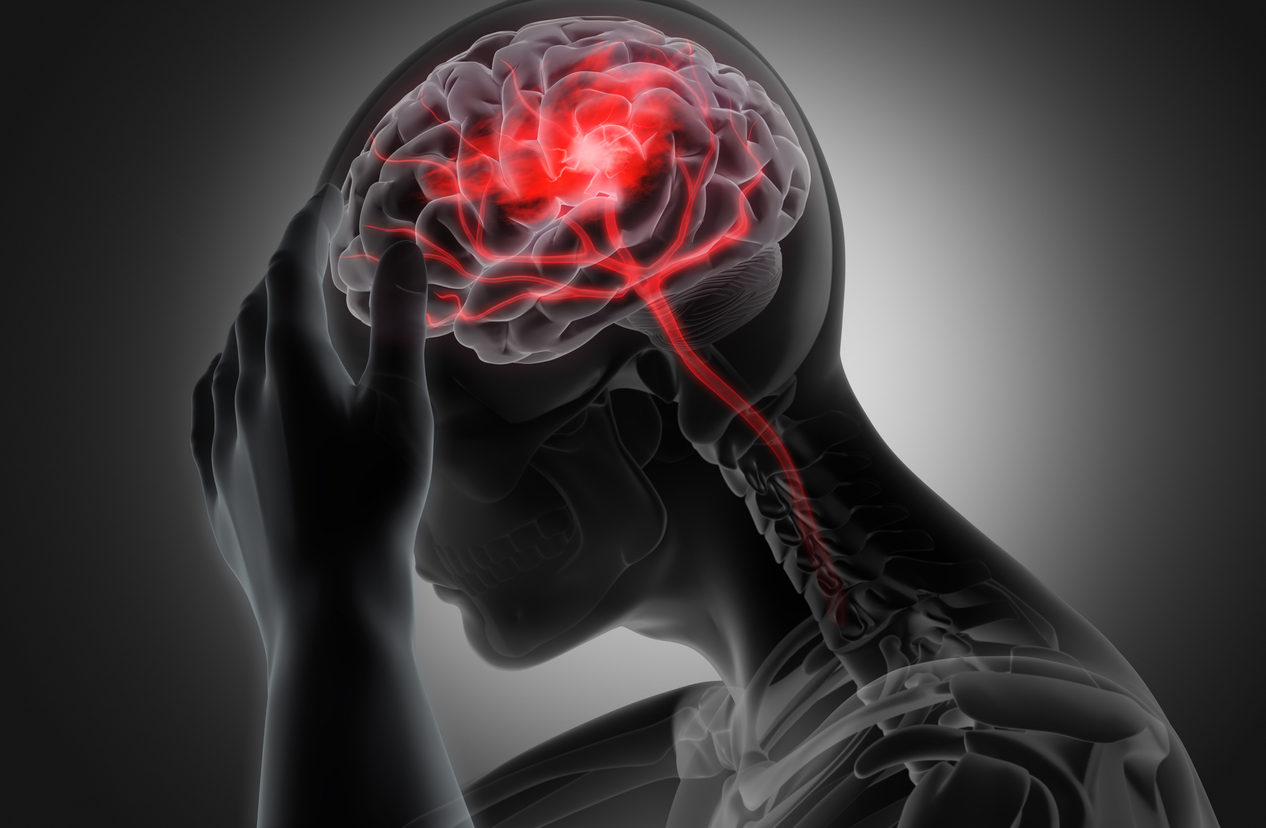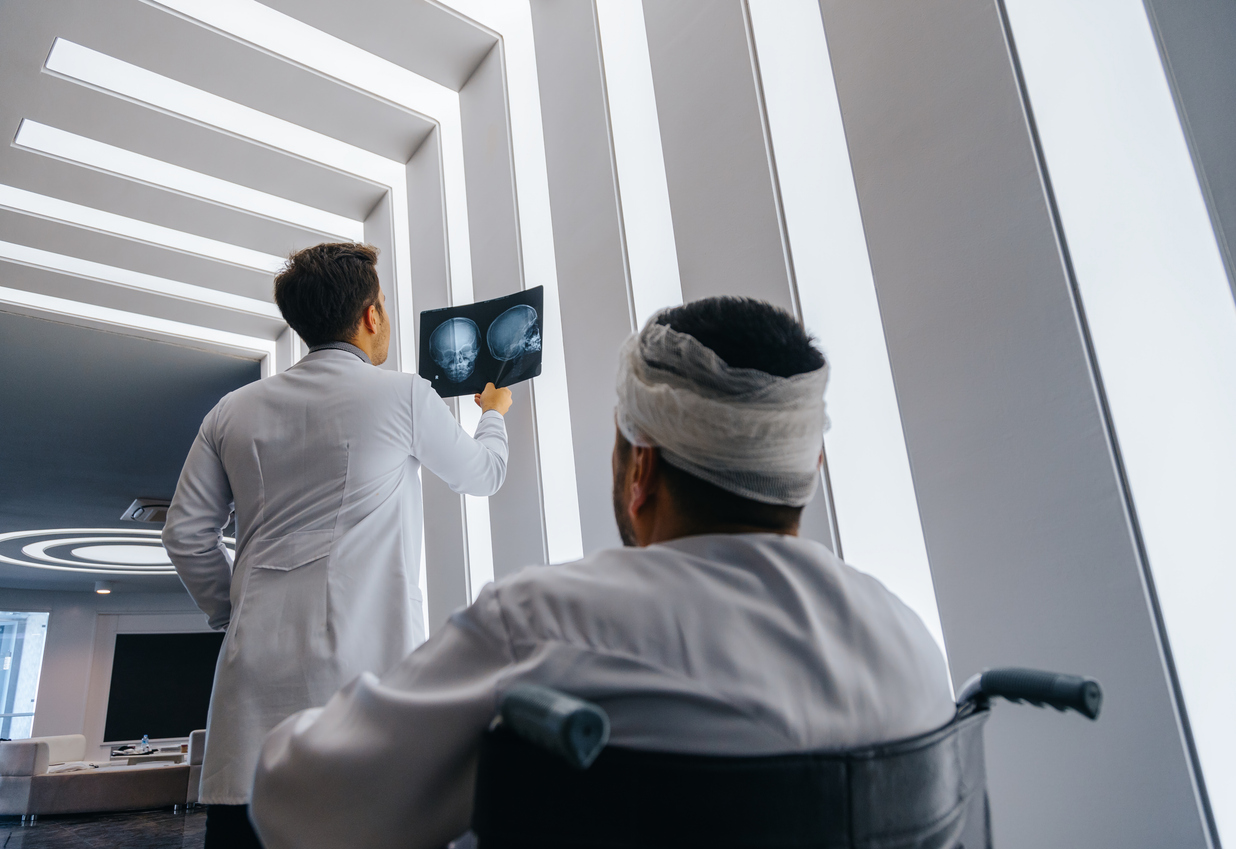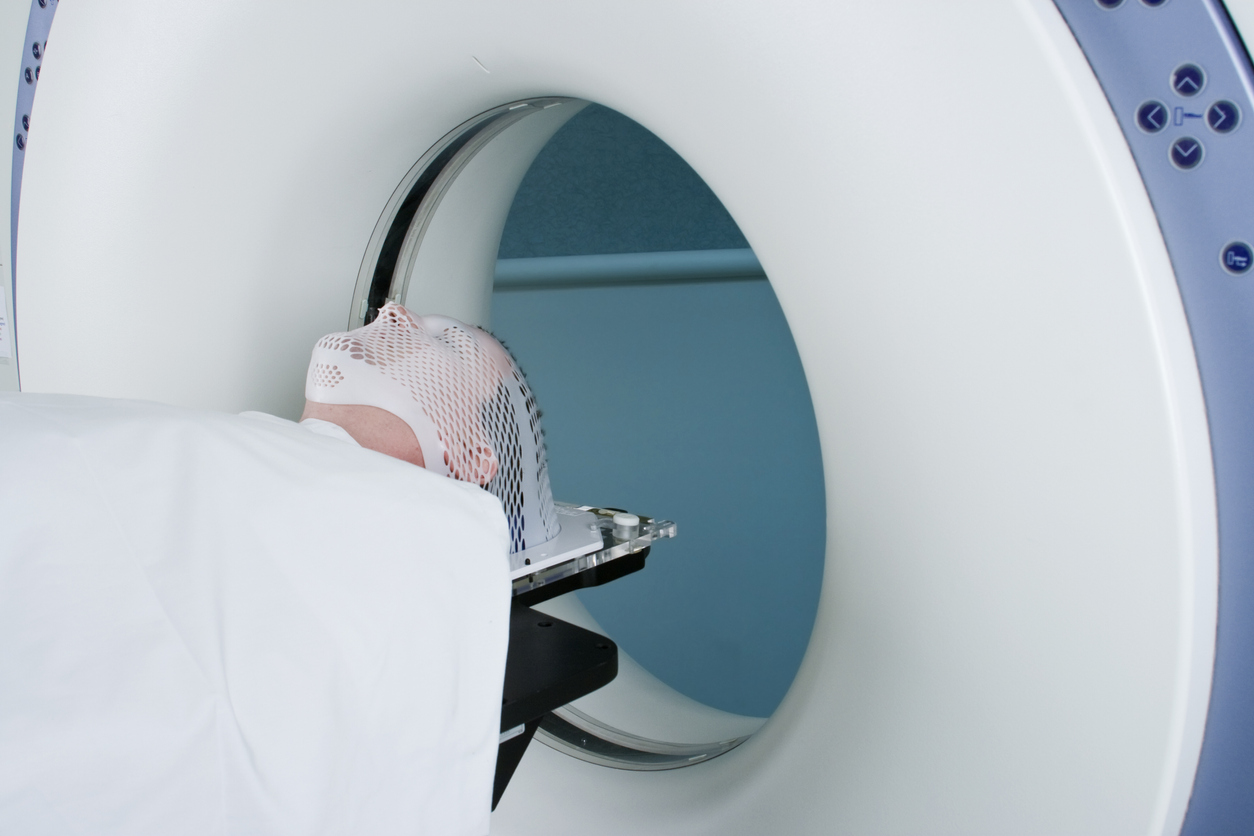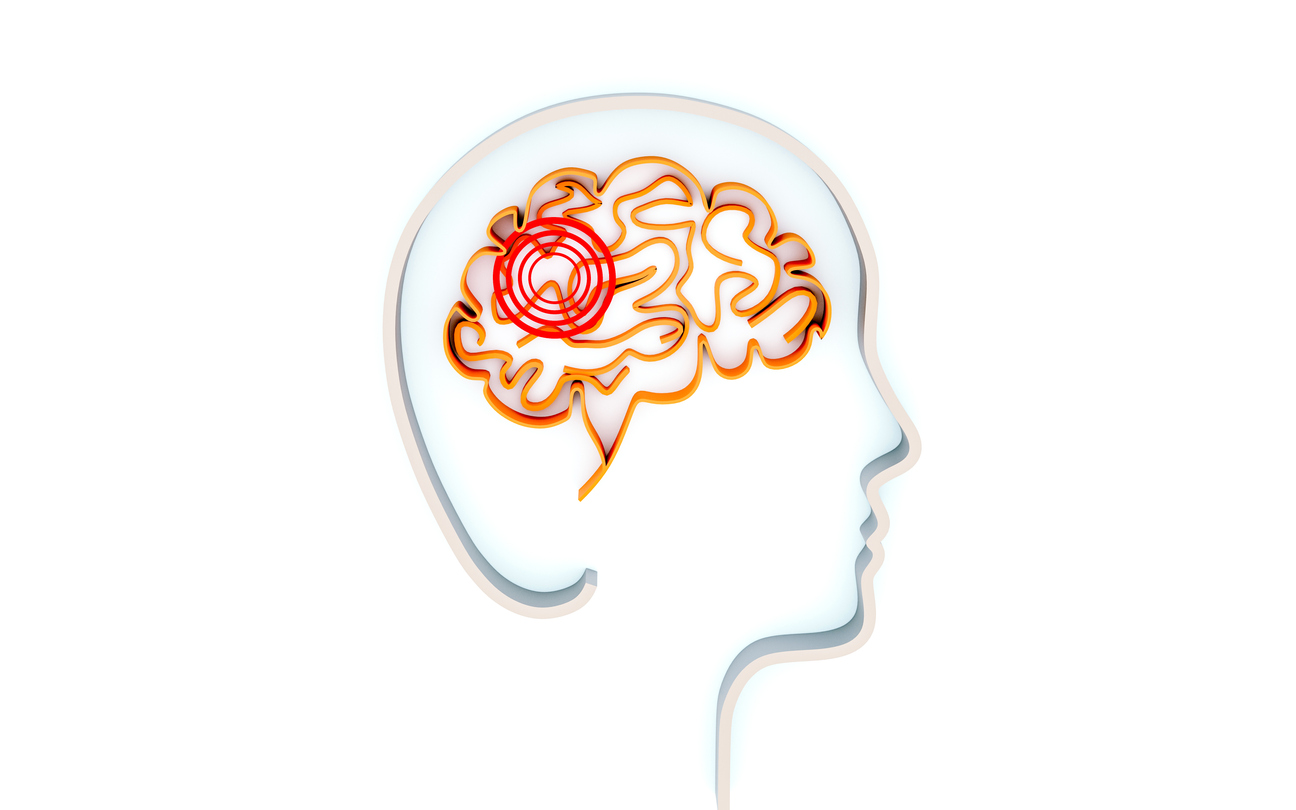Pain
What is Post-Concussion Syndrome?

Post-concussion syndrome, or PCS, is a condition that involves prolonged symptoms following a concussion or a mild traumatic brain injury (TBI). It can occur within days of a brain injury, or may take weeks to appear. A concussion or post-concussive syndrome can appear without the loss of consciousness during a TBI. PCS does not appear to be linked with the severity of the brain injury.
Symptoms
The symptoms of post-concussion syndrome can last weeks to months. PCS may be diagnosed if a traumatic brain injury has occurred and at least three symptoms are present. Symptoms include, but are not limited to, the following:
- Anxiety
- Apathy (loss of interest)
- Blurry vision
- Changes in personality
- Depression
- Dizziness
- Fatigue
- Headache
- Insomnia
- Irritability
- Light and noise sensitivity
- Memory problems
- Restlessness
- Ringing in the ears
- Sleeping too much
- Trouble concentrating or thinking
- Vertigo
Although rare, a decrease can occur in taste and smell. Headaches from a concussion are often described as a tension-like headache or a migraine.
Causes
The cause of post-concussion syndrome is the occurrence of a traumatic brain injury; however, not everyone who encounters a TBI will experience PCS. A traumatic brain injury is a type of brain damage that occurs as a result of an injury to the head. The severity of a TBI depends on various factors, and the lasting effects can range from a few days to permanent brain damage or, in severe cases, death. A concussion is the most common type of traumatic brain injury. Examples of causes of a concussion or TBI include, but are not limited to, the following:
- Fall
- Vehicle accident
- Assault
- Impact sports injury, especially boxing or football
Risk factors
There are certain factors that increase the risk of developing post-concussion syndrome. They include, but are not limited to, the following:
- Previous concussions or head trauma
- Early headaches following a traumatic head injury
- Amnesia, fogginess or fatigue following head trauma
